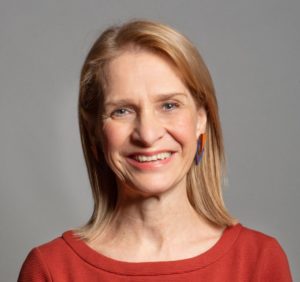That we have a duty to preserve the planet for future generations has long been an argument used by campaigners and politicians alike to call for more action to tackle climate change. In the context of the UK’s ambitions to bring all greenhouse gas emissions to net zero by 2050 – a commitment which the Climate Change Committee estimates will cost £50bn annually from 2030 – how should we pay for this transition, and how should we distribute the costs across time?
Whilst HM Treasury’s recent Net Zero Review raises the issue of intergenerational fairness, it only offers limited answers to these critical questions. This debate dug into them in greater depth. Firstly, should we be paying much more now to avert costs to future generations, or should future generations themselves bear some of these costs? And secondly, what’s the fairest way of paying for the transition, from the perspective of future people, for example through carbon pricing (taxation, emissions trading), or through government borrowing?
The Social Market Foundation and the Intergenerational Foundation hosted a virtual event to debate and answer these questions. In doing so we considered the broader themes of intergenerational ethics, the likelihood of future economic growth, and matters of risk and uncertainty. The event launched a new joint report, On Borrowed Time: Future Generations and the Net Zero Transition, which considers how policymakers should balance the needs of current and future generations during this country’s transition to Net Zero.
Following a presentation of the key findings from our research, we heard from a panel of experts, including Wera Hobhouse MP, the Liberal Democrat’s spokesperson for the Climate Emergency and Energy.
Speakers:
 Wera Hobhouse MP, Liberal Democrat Spokesperson for Climate Emergency and Energy
Wera Hobhouse MP, Liberal Democrat Spokesperson for Climate Emergency and Energy
 Angus Hanton, Co-Founder, The Intergenerational Foundation
Angus Hanton, Co-Founder, The Intergenerational Foundation
 Bill Anderson-Samways, Researcher, Social Market Foundation
Bill Anderson-Samways, Researcher, Social Market Foundation
 James Kirkup, Director, Social Market Foundation (Chair)
James Kirkup, Director, Social Market Foundation (Chair)

